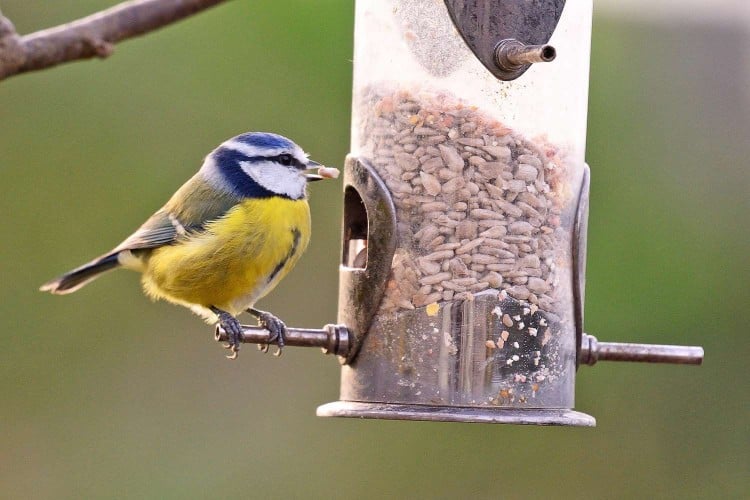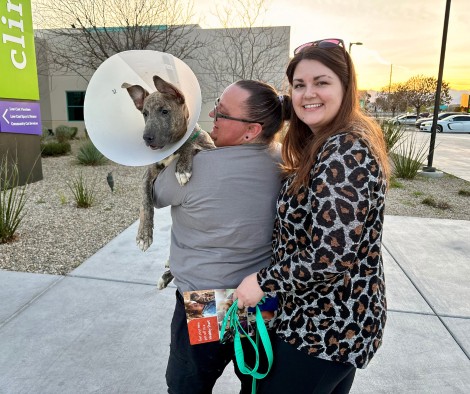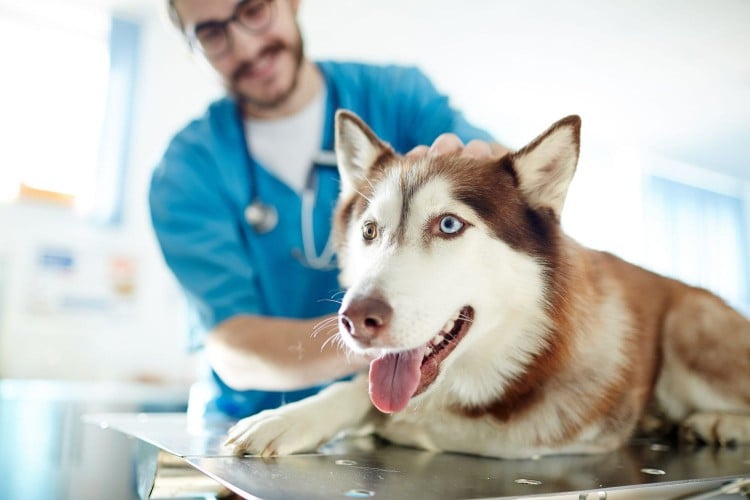Salmonella Outbreak in Songbirds: How to Protect Yourself, Your Pets, and Your Birds

Salmonellosis is an infection spread by the bacteria salmonella that's found in the intestinal tracts of animals. It's usually transmitted to humans through uncooked food products—such as meat, eggs, milk, and some vegetables—that have come in contact with large animal feces. Pet reptiles, goslings, chicks, and wild birds can also spread the bacteria. Symptoms can include diarrhea, fever, and abdominal pain.
Midwestern Pet Foods Recalls Dozens of Dog, Cat Foods Because of Salmonella Concerns
About two months ago, the California Department of Fish and Wildlife (CDFW) reported that residents found pine siskins—a member of the finch family streaked with brown and yellow—sick or dead because of salmonellosis. People found so many birds that CDFW's wildlife centers have been "inundated" with calls.
"When large numbers of pine siskins congregate, the disease can spread rapidly causing high mortality. Most birds die within 24 hours of infection," according to the CDFW. This particular outbreak is also affecting small numbers of American goldfinches and lesser goldfinches.
The CDC indicated that "salmonella germs can spread between species of birds, to pets, and to people." So far, eight states have reported 19 human illnesses, eight of which have require hospitalization: California, Kentucky, Mississippi, New Hampshire, Oklahoma, Oregon, Tennessee, and Washington. Follow this interactive map for an update on this salmonella concern.
Additionally, don't feed wild birds by hand.
If you find a sick wild bird, contact your local wildlife control or rehabilitation agency for advice on the next steps. If you find a dead bird and you're certain it's not because of an animal incident or window collision, the CDC suggests contacting your state's fish and wildlife agency to learn about what might be happening in your area and what to do.








